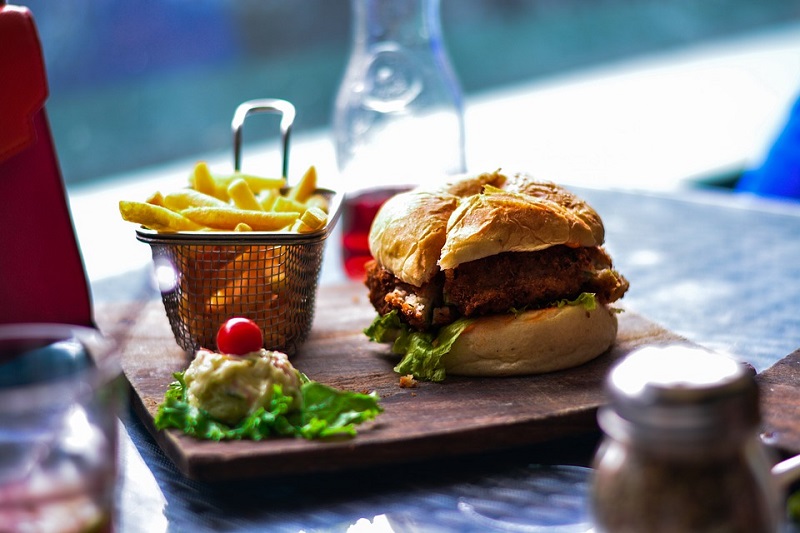As the UK prepares to leave the European Union, 35 representative bodies of the UK food and drink supply chain have signed an open letter in which it asks the Government to make an early agreement on future trade with the Republic of Ireland.
The cross sector cooperation between the different companies in the food and drink supply chain suggests the level of importance a trade deal with Ireland seems to be. It is commonly known that it is a priority to attempt to get a tariff-free trade deal with the EU once the UK leaves. The EU is the largest external market and the UK’s largest source of imported supplies. With our only land border being with the Republic of Ireland and one of the UKs biggest customers, buying more from us that the USA, China, Russia, Brazil, Canada, and Japan all together.
A fifth of UK food and drink exports go to the Republic of Ireland, and more than a third or Ireland’s exports reaching the UK. Therefore, it will be important for this sector that the Government maintains a good trade relationship with its neighbor. A quarter of Northern Ireland’s milk is processed on the South of the Island. On top of this, more than half of Irish beef and cheese goes to the UK. In another instance, the UK supplies 80% of the four that is used in the republic of Ireland.
With the free movement of goods and people between the UK and Ireland, the two countries are able to have a seamless single market. The interdependence of the two countries is relied upon in order to make sure there is a good deal of food security for both countries.
The UKs agri-food and drink sector are depending on the Government to keep the tariff-free market between the UK and Ireland. The sector employs 13.5% of the UK workforce. Without this tariff-free system there would be disruptive customs barriers, port health controls and other bureaucratic requirements introduced that will impede ad damage this trade relationship and could lead to a significant amount of economic damage for the two countries.



